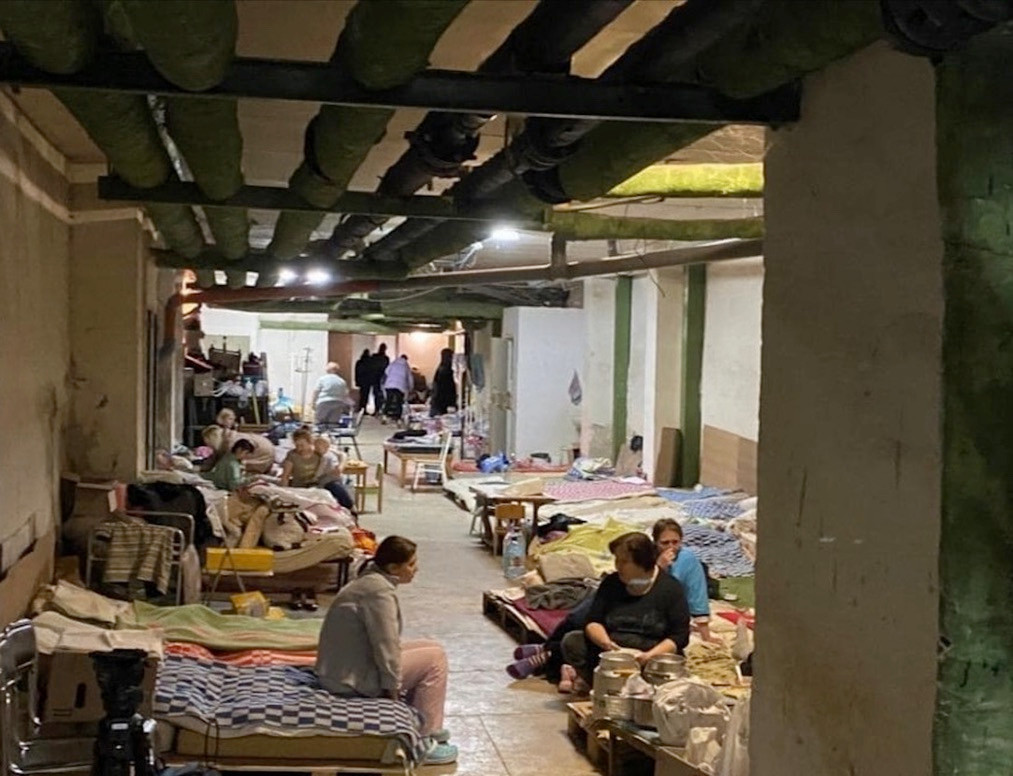A question was thrown at me not long after it became apparent that Russia’s hopes of Kyiv falling in two days were dashed. With the fog of war blurring the lines between reality and with both sides of every war naturally claiming that their version of the events is the correct one, how can we trust what is factual and what isn’t? Speaking to Olena and witnessing Ukrainian refugees arrive in Luxembourg made it clear which events were indisputable.
On 24 February, Olena woke up early planning to go online and proceed with her online teaching as usual. “I did not hear any explosions that night in my district of Kyiv. I learned about the war from the internet,” she wrote via Facebook. Unfortunately, later that day she did witness the explosions and bombing that took place in Kyiv. The Ukrainian authorities had distributed brochures on what to do in the event of an armed attack well before the Russian invasion. Nevertheless, there is a gap between telling someone how to behave in a certain situation and the actual experience. “My students were very scared. Now I teach first and second year students, they all are almost like children. I had to calm them down, explain [to them] how to behave,” says Olena.
Coming to grips with the war’s chilling reality came quick for others. Olena reached out to one of her students on that first day of war asking him how he was feeling. “Good morning, I am standing in line at the military enlistment office. With my dad,” was his answer.
During the first weeks of the invasion, Olena stayed in Kyiv, going to a bomb shelter when alarms would blare as her apartment is on the top floor. Forced into a new routine she spent nights in the shelter and returned home during the day and stayed in touch with colleagues. In this new hideout community, the university professor found a supportive and emphatic atmosphere which she said felt like a family.
One thing that left an impression on Olena was that every Ukrainian found a way to make themselves useful. Some of her acquaintances signed up for the territorial defense of Kyiv, others volunteered or took care of the elderly. She has also found a burst of energy to continue her work, writing academic articles, analysing current events in Ukraine. That was made easier by moving to another city near Kyiv, the location of which she did not disclose out of precaution.
There she also has to deal with fewer bombing the constant threat of which she admitted was scary. Still, she has to maintain vigilance and make use of the unfortunate lessons she has learned in the last month. “We all already know the rule of two walls: if there are two walls that protect you from the outside (one wall stops the projectile, the other protects from shell-splinters) it is more or less safe during the bombing,” said Olena.
Olena’s colleagues from an international project she is a part of have signed a petition to the University of Kiev, staking their support. Her admission fee for taking part in a conference in Alcante in June has also been waived and financial aid is currently being discussed.
In my last contact with Olena she stated she has nothing to add. “Only the number of killed children has changed, not 70 but 148,” she said.
